1. Hattie McDaniel: Breaking New Ground in Hollywood
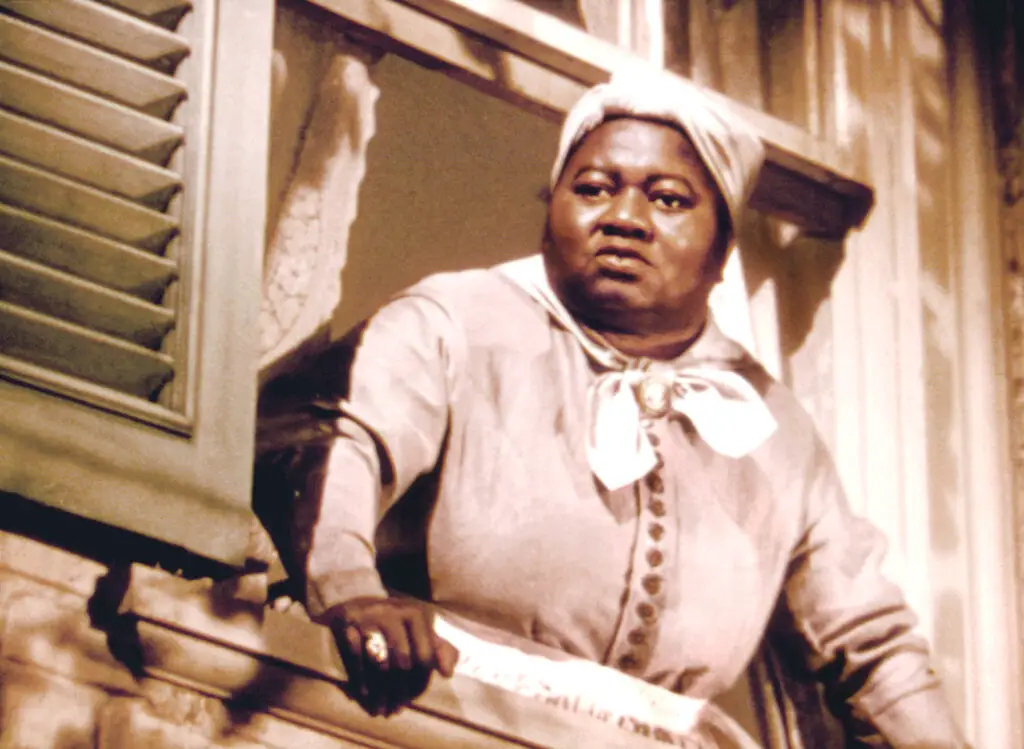
Hattie McDaniel made history as the first Black actress to win an Academy Award. She earned the Oscar for Best Supporting Actress for her role as Mammy in Gone with the Wind in 1940. Despite facing racism and being relegated to stereotypical roles, McDaniel proved that talent could not be ignored. Her win was a milestone that transcended the entertainment world, challenging Hollywood’s discriminatory practices says WJBF.
However, McDaniel’s journey was not without difficulty. She was forced to sit at a segregated table during the Academy Awards ceremony, highlighting the racial barriers that still existed. Even so, McDaniel continued to forge a path for future generations, balancing her personal struggles with professional triumphs. Her legacy is one of resilience, paving the way for many Black actors who followed.
2. Sidney Poitier: A Trailblazer Who Redefined Roles
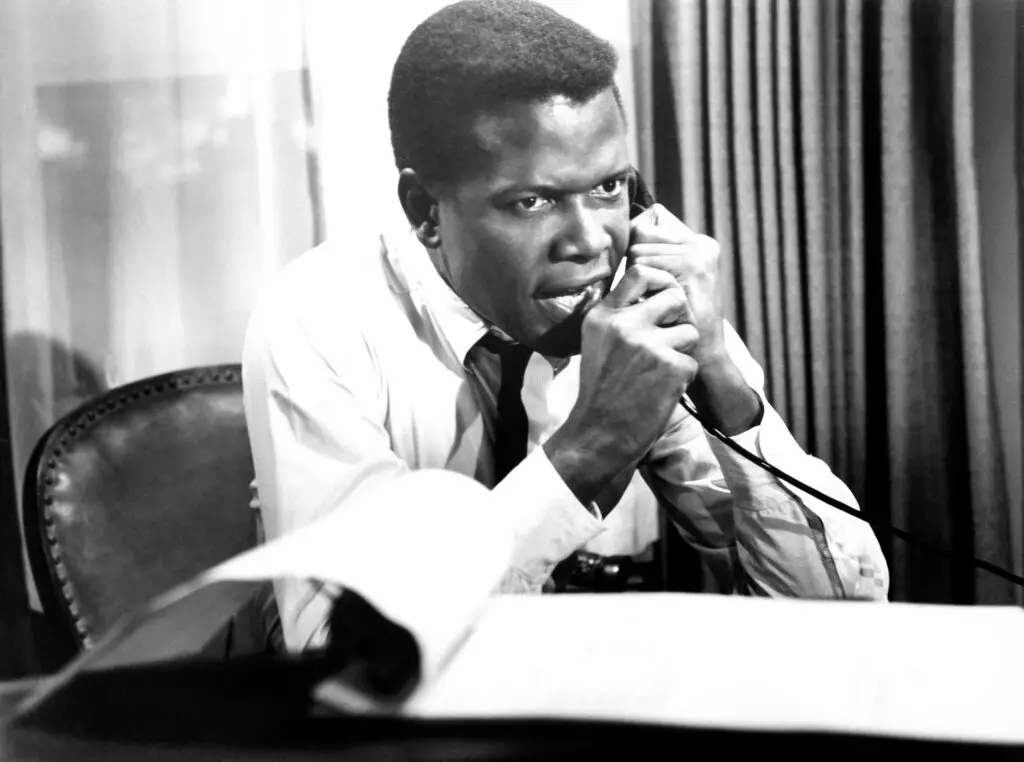
Sidney Poitier was the first Black man to win an Academy Award for Best Actor, a feat he achieved for his performance in Lilies of the Field (1963). Poitier’s groundbreaking career reshaped the way Black actors were portrayed in mainstream cinema. Before him, Black roles were often demeaning, but Poitier brought dignity, intelligence, and depth to his characters shares Gold Derby.
Poitier’s impact wasn’t limited to his acting; he was also a symbol of racial progress during the Civil Rights Movement. He often played roles that required him to challenge racial prejudices head-on, offering a new narrative in the process. His success was a testament to his talent and perseverance, showing that Black actors could be leads in films without being typecast.
3. Ruby Dee: A Voice for Social Justice and Change
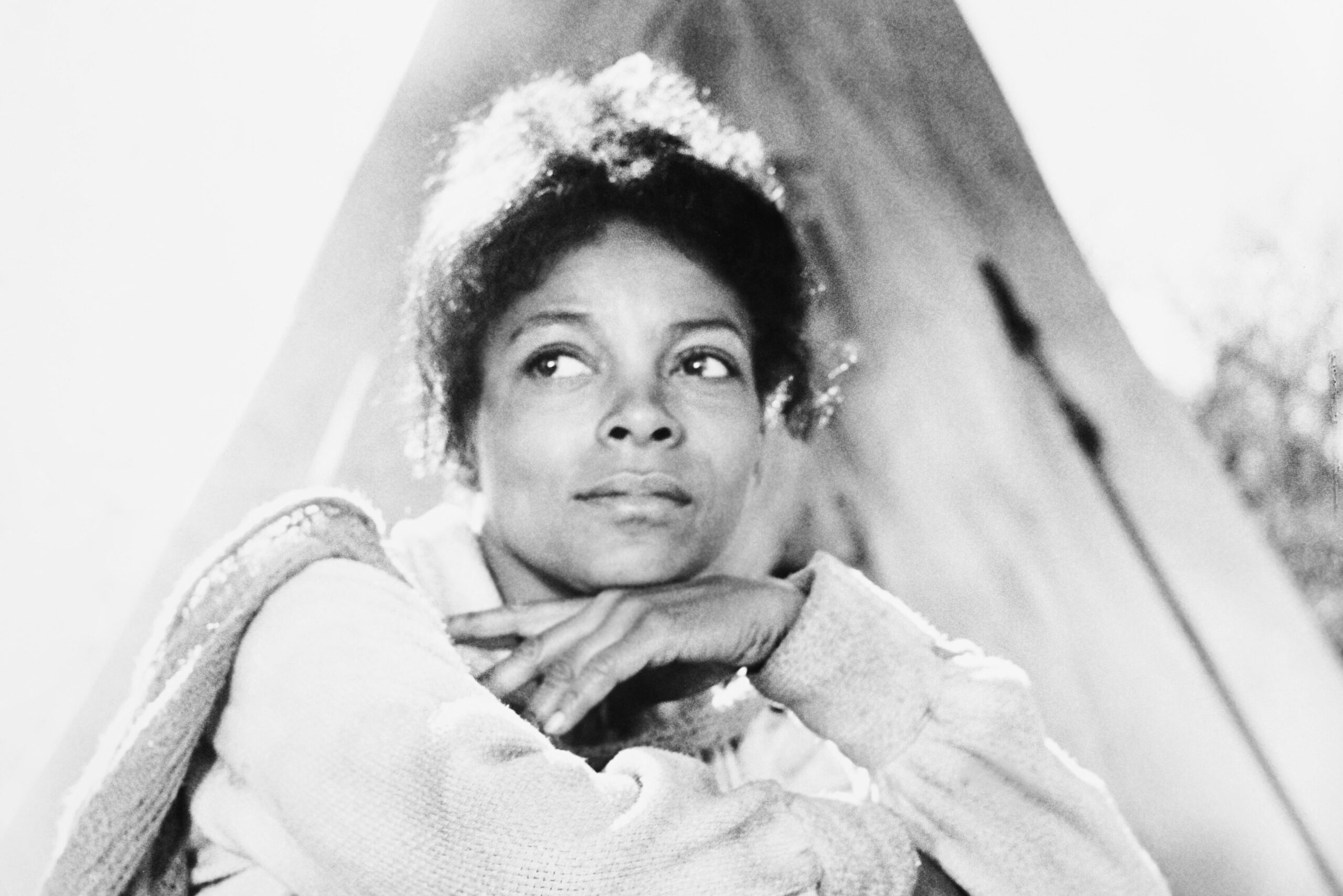
Ruby Dee was not just a phenomenal actress; she was also a fierce activist. Known for her roles in A Raisin in the Sun and Purlie Victorious, Dee’s talent was matched by her passion for civil rights. Throughout her career, she used her platform to advocate for racial equality and fight injustice, both on-screen and off shares Britannica.
Dee’s powerful performances often highlighted the struggles of Black families and individuals, creating an emotional connection with audiences. Her advocacy work continued into her later years, where she remained a vocal supporter of the Black Panther Party and other social justice movements. Ruby Dee was more than just an actress; she was a true pioneer who used her voice to amplify the fight for equality.
4. Paul Robeson: A Multitalented Icon
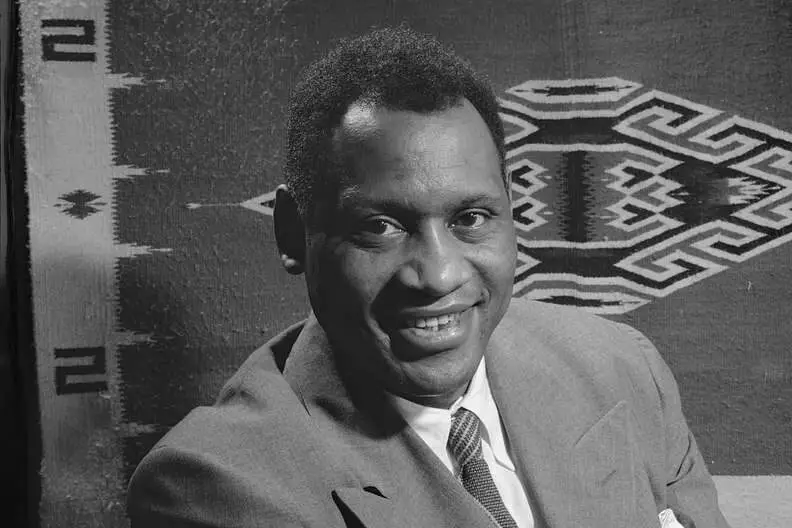
Paul Robeson was not just an actor—he was a singer, athlete, lawyer, and political activist. In the 1920s and 1930s, Robeson broke barriers in both theater and film, gaining international fame for his portrayal of Joe in the musical Show Boat and his performance in The Emperor Jones (1933). He was a dynamic figure, often using his platform to speak out against racial injustice adds NPR.
However, Robeson’s activism came at a price. During the McCarthy era, his outspoken views on civil rights and socialism led to the revocation of his passport, significantly limiting his career. Despite the obstacles he faced, Robeson’s contributions to the arts and social change remain undeniable. He carved a path for future Black artists to merge their artistry with their activism.
5. Dorothy Dandridge: The First Black Woman to Receive an Oscar Nomination
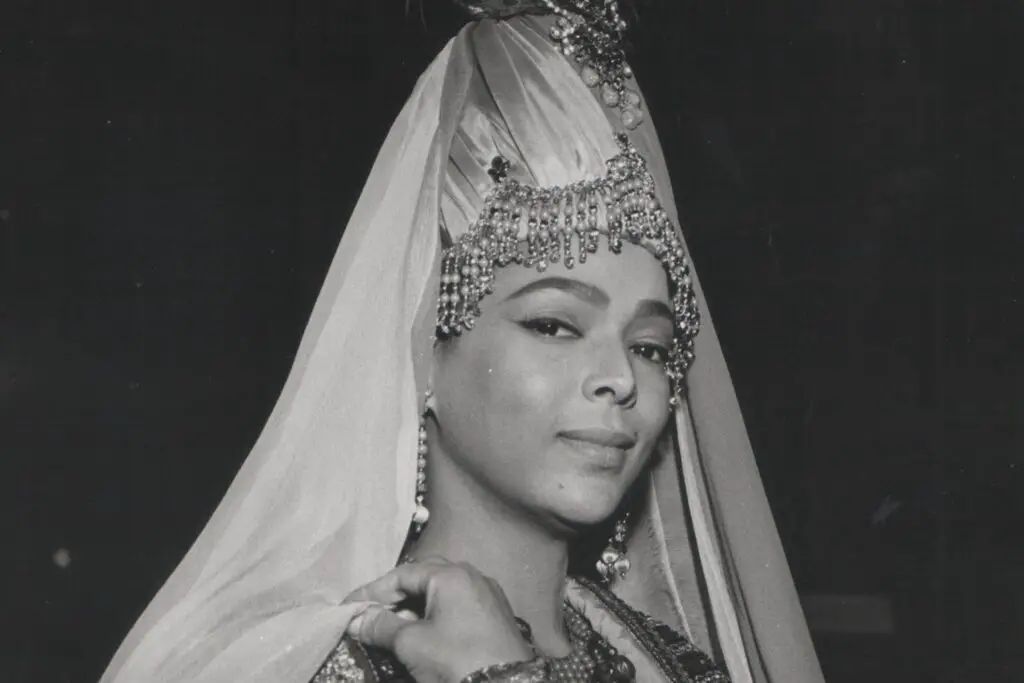
Dorothy Dandridge’s career was marked by both incredible triumphs and heartbreaking struggles. In 1954, she became the first Black woman to be nominated for an Academy Award for Best Actress for her role in Carmen Jones. At a time when Black women were largely excluded from leading roles, Dandridge broke through Hollywood’s racial barriers, showcasing her talent and beauty in a way that had never been done before.
Though her Oscar nomination was a milestone, Dandridge’s career was hindered by systemic racism and limited opportunities for Black actresses. She faced typecasting and was often excluded from major roles, but her performances are still celebrated today. Dandridge’s legacy continues to inspire Black actresses who strive for more representation in Hollywood.
6. Lena Horne: Redefining Beauty and Talent
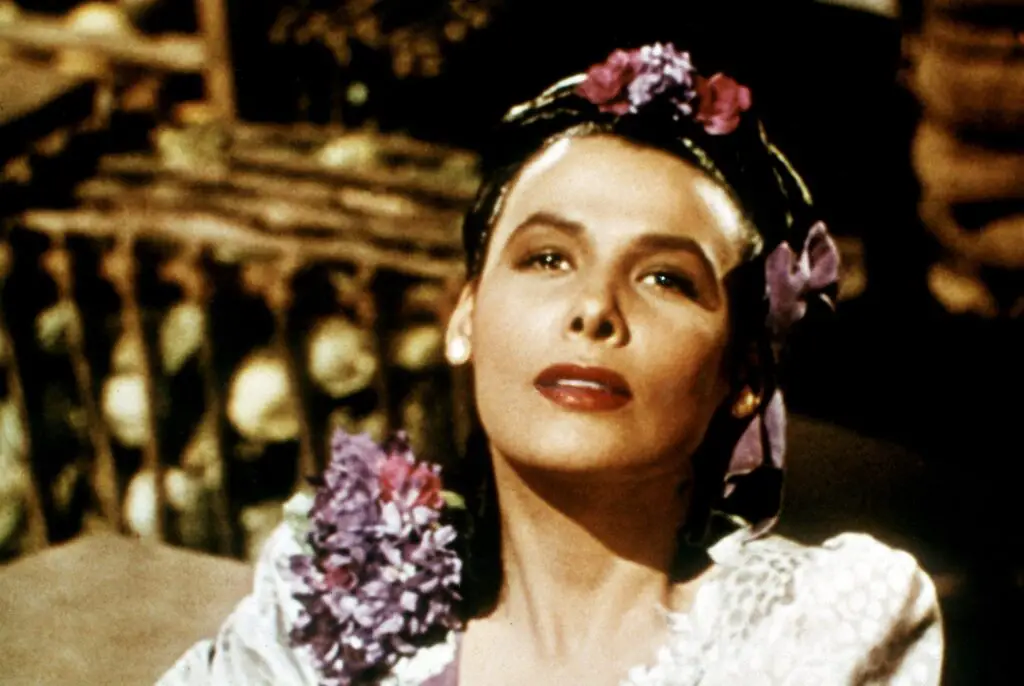
Lena Horne’s beauty and musical talents made her a star, but it was her defiance of racial expectations that made her a trailblazer. In an era when Black performers were often relegated to stereotypical roles, Horne became one of the first Black women to sign a long-term contract with a major Hollywood studio. Her roles in Stormy Weather and Cabin in the Sky showcased her vocal prowess and stage presence, making her a beloved figure in both film and music.
Horne’s career was fraught with challenges due to the racial discrimination of the time. She often fought against being typecast and resisted roles that portrayed Black people in negative ways. Her determination to fight for fair representation in Hollywood made her a crucial figure in changing the entertainment landscape for Black artists.
7. James Earl Jones: The Voice of a Generation
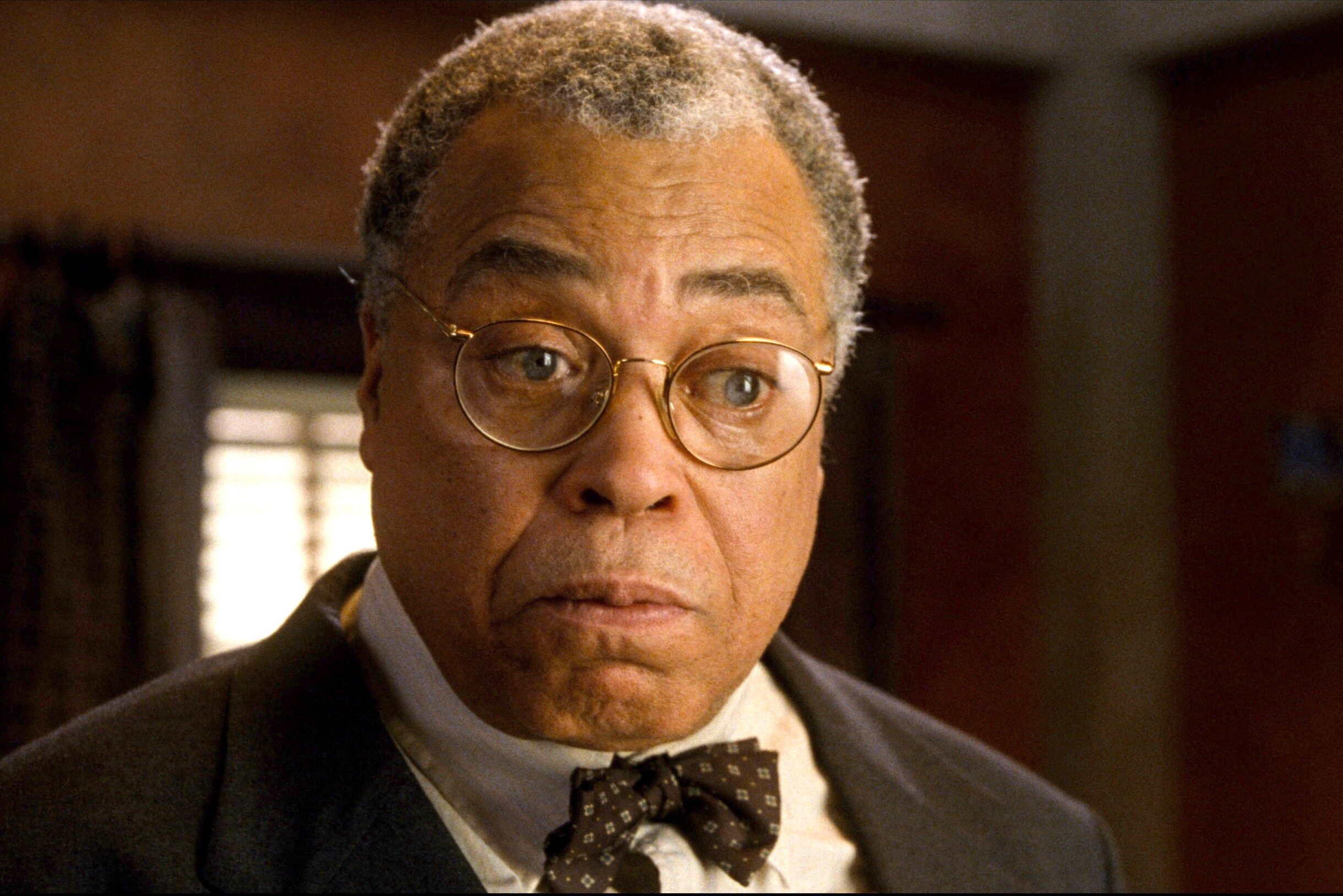
James Earl Jones is perhaps best known for his iconic voice, which has resonated across generations in roles like Darth Vader in Star Wars and Mufasa in The Lion King. His career, however, began in the theater, where he overcame a stutter to become one of the most respected actors of his generation. Jones’s breakthrough role came in 1964 with the Broadway production of The Great White Hope, where he won a Tony Award for his performance.
Jones’s journey to success wasn’t easy—he faced significant challenges as one of the few Black actors in mainstream Hollywood. Yet, his distinctive voice and powerful presence allowed him to portray a wide range of characters, from villains to loving fathers. His contributions to film, television, and theater have left an indelible mark, and he remains a true pioneer in the entertainment industry.
